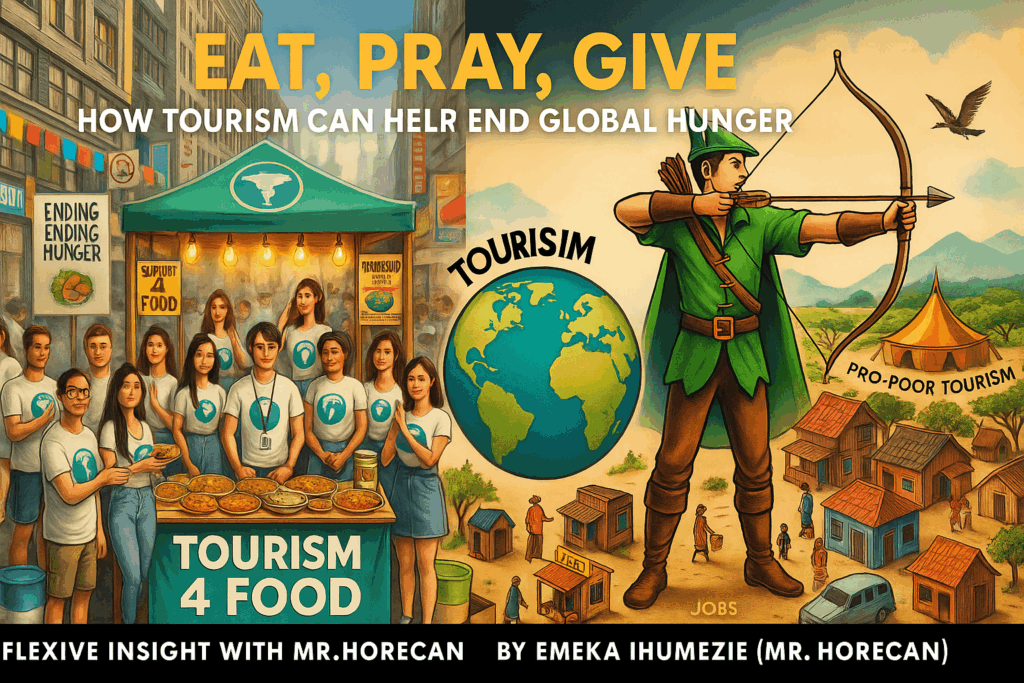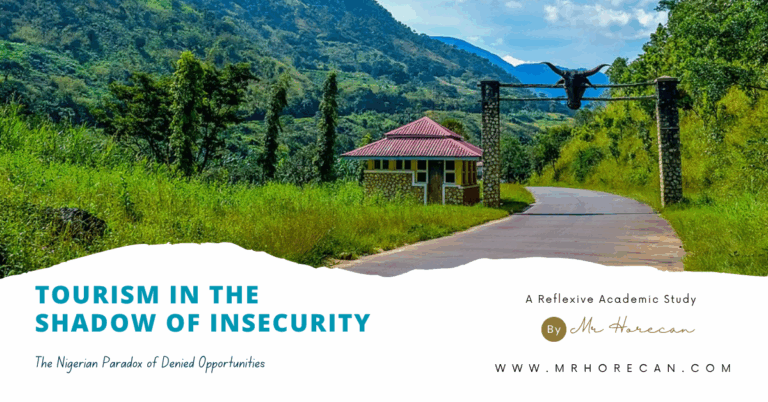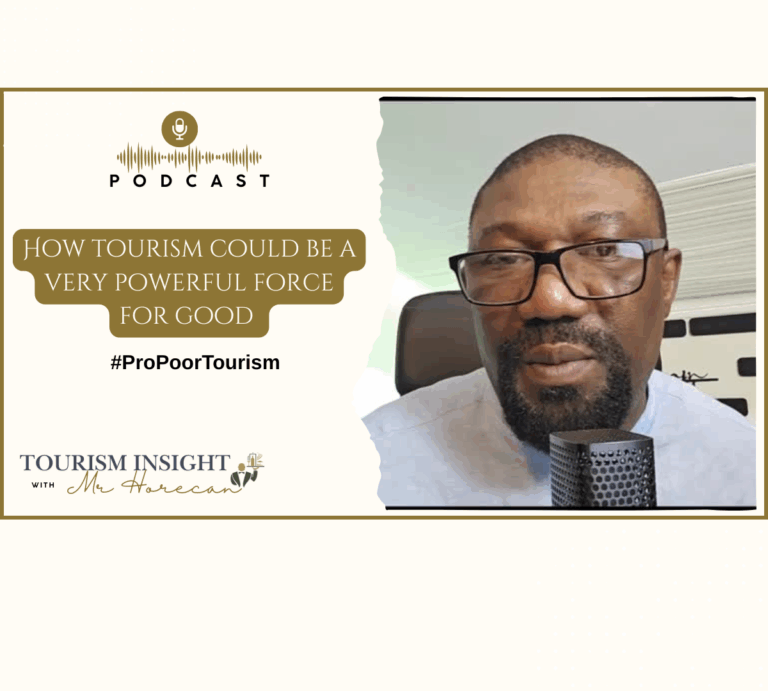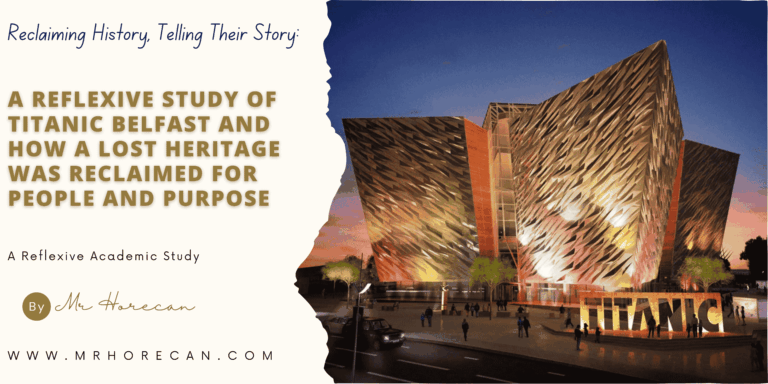or Tourism: Hungry Guest

In a world where travelers seek breathtaking landscapes and curated experiences, one unsettling truth remains: many of the people who make these destinations vibrant and unforgettable remain hungry, invisible, andPro-Poor Tourism: Hungry Guests, Forgotten Hosts – Rethinking Tourism in a Starving World
Have you ever stood at the edge of a bustling tourist hotspot, only to turn a corner and find a hungry child watching from behind a wooden stall? I have. It’s a scene I’ve witnessed too many times—from the shores of Senegal to the backroads of South Africa. And it’s that sharp contrast—between the guests who feast and the hosts who fast—that haunts me.
In a world where travelers chase curated experiences and scenic retreats, one uncomfortable truth remains: the people who make these destinations vibrant are often invisible in the profit equation. Pro-Poor Tourism (PPT) is emerging not just as a trend but as a necessary shift in how we think about the very purpose of travel. It dares to ask: what if tourism wasn’t just about what we see—but what we help build?
I’ve spent over 25 years in this industry, and I’ve watched as the promises of tourism bypassed the very communities meant to benefit. In Nigeria, where I come from, over 104 million people live in poverty—even as tourists pour into Lagos, Calabar, and Abuja for cultural festivals. In Ghana, fishermen’s children walk barefoot past beach resorts whose gates remain closed to them. In The Gambia, I met a local woman named Awa who had never seen the inside of the luxury lodge built next to her village.
Tourism contributes over 10% of global GDP. It employs one in every ten people worldwide. Yet, the question remains—who is it really feeding?
That’s where Pro-Poor Tourism changes the narrative. It reframes tourism as a tool for justice—not just indulgence. It empowers communities to be more than service providers. It turns artisans into entrepreneurs, storytellers into tour leaders, and host communities into stakeholders.
This is not a theory. It’s happening.
In Nepal, the TRPAP programme helped rural villagers tap into trekking tourism. In Kenya, the Maasai now co-run safari experiences and conservation projects. In Namibia, eco-tourism has empowered communities to protect wildlife while making a living. These aren’t charity models. They’re systems built for resilience and dignity.
But let’s return to Africa.
In Cape Town, I met Sipho—a young man who grew up five minutes from the wine route but had never been part of it. Through a local training program tied to PPT, he became a cultural tour guide and today runs his own storytelling walks through Langa township. He once told me, “People came to take pictures of poverty, but now they come to listen.”
That’s the transformation Pro-Poor Tourism brings—not just economic inclusion, but narrative inclusion. It’s about communities telling their own stories and shaping their own futures.
Of course, this work is not without challenges. Funding is limited. Market access is unequal. Governments often prioritize foreign investors over local innovators. And in many cases, elites within the communities themselves capture the benefits.
But these are not walls. They are hurdles. And I believe we can leap over them—together.
So what can you do?
If you’re a policymaker, create incentives for community-owned tourism. If you’re a tour operator, work with local guides and suppliers. If you’re a traveler, ask where your money goes. Stay in a homestay. Buy local crafts. Take a walking tour with someone who lives the story.
For me, Pro-Poor Tourism isn’t just a strategy—it’s a responsibility. It’s about rewriting the script of tourism so that hosts are not forgotten, but celebrated. So that no destination thrives while its people starve.
This is the mission behind Tourism 4 Food—our growing advocacy community committed to linking tourism and hunger alleviation.
Subscribe to Tourism Insight with Mr Horecan for more reflections and interviews. Visit www.mrhorecan.com and www.tourism4food.org to join the movement.
Let’s not just travel to see the world—let’s travel to change it.



